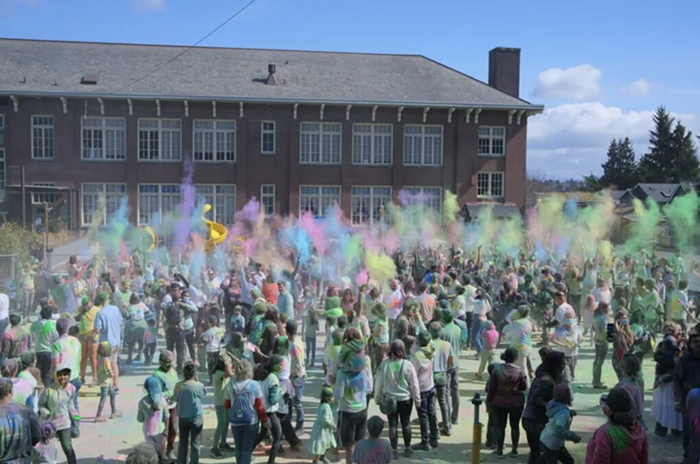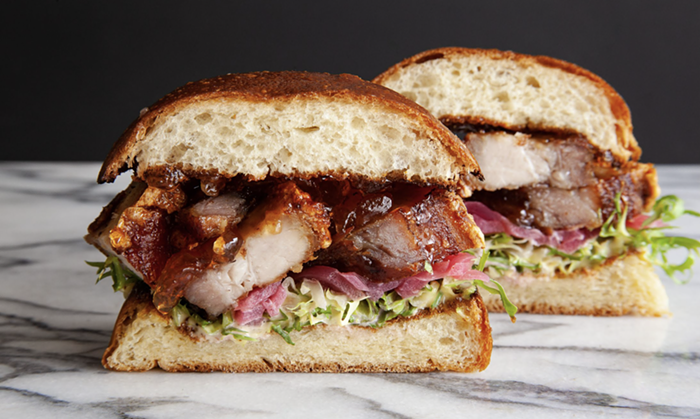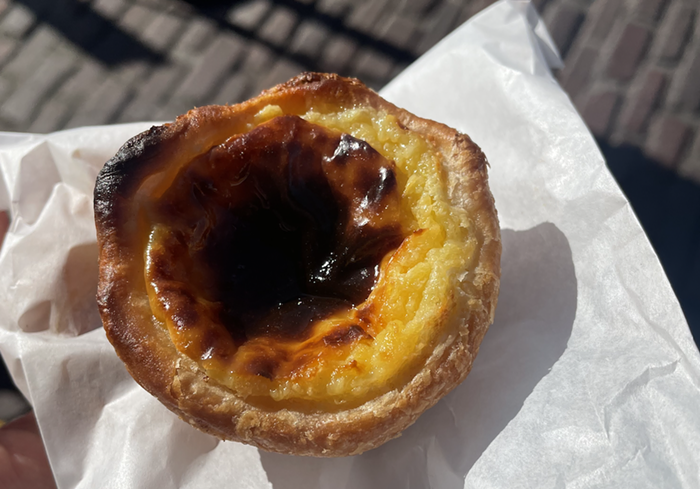
- mobil11/Shutterstock
- Wings not included.
...or so the headlines crowed recently. The Daily Telegraph took the opportunity to criticize the United States for being litigious:
It is hard to imagine that anyone who saw Red Bull's advertising slogan would actually believe the caffeinated soft drink "gives you wings", but in litigation-hungry America the claim has been officially falsified.
In fact, the gist of plaintiff Benjamin Careathers's case was the alleged false advertising that Red Bull enhances performance beyond the powers of mere caffeine, when really, taurine and all that other stuff in Red Bull has been scientifically proven to not do that at all. In fact, drinking a Red Bull is the same as having a cup of coffee... an expensive cup of coffee.
Red Bull GmbH settled the class-action lawsuit out of court. It's standing by its past and present marketing and labeling and admitting no wrongdoing—but it's also agreed to pay any US customer who's purchased the drink since 2002 a $10 refund... or $15 worth of Red Bull products. (Here's the website to get your recompense.)
So if Red Bull sold more than 5.3 billion cans worldwide last year alone (which it says it did), and it is the highest-selling energy drink in the world (which Wikipedia says it is), and people buying it were led to believe it was better than a cup of coffee—well, that's a lot of snake oil. It's no Nestlé baby formula scandal, but it's a lot of bro's and bro-ettes (and college students, and truck drivers, and assorted tired people of all kinds) not getting what they thought they were paying for.
Of course, for the giddyap/whoa party crowd, Red Bull tastes better with vodka than a vodka-coffee. (Or does it? With enough cream and sugar, a vodka-coffee might taste pretty good, and Red Bull always tastes terrible.)
Has anybody gone through the claim process? Does anyone plan to? (Do you have to have a receipt or what?) Red Bull GmbH is only paying $13 million to settle, with $6.5 million going "into a fund that will be paid out to an estimated 1.4 million consumers," says the Telegraph. With billions of cans presumably sold in the US since 2002, the expectation is, clearly, that not that many US consumers will care.


















